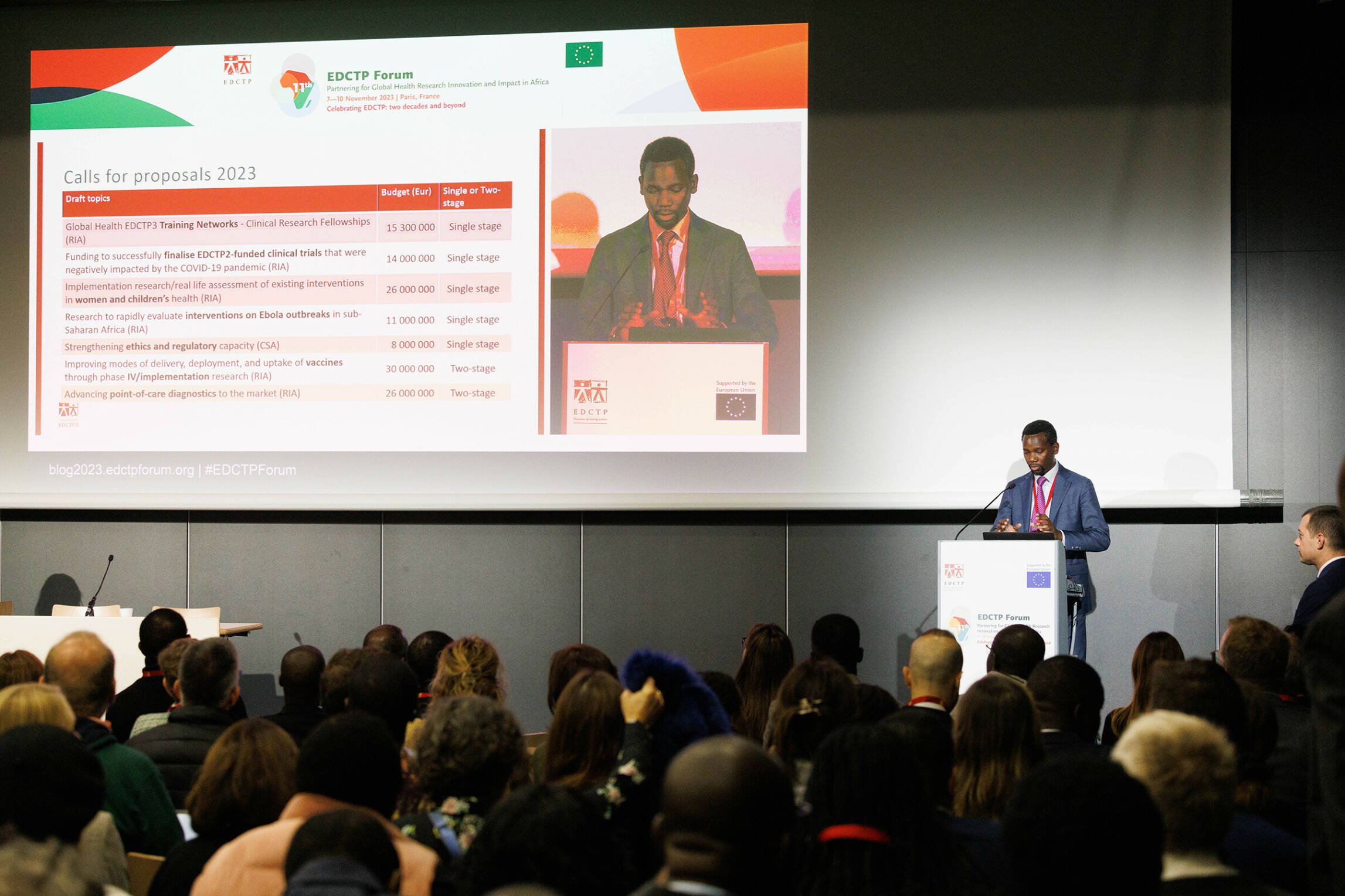
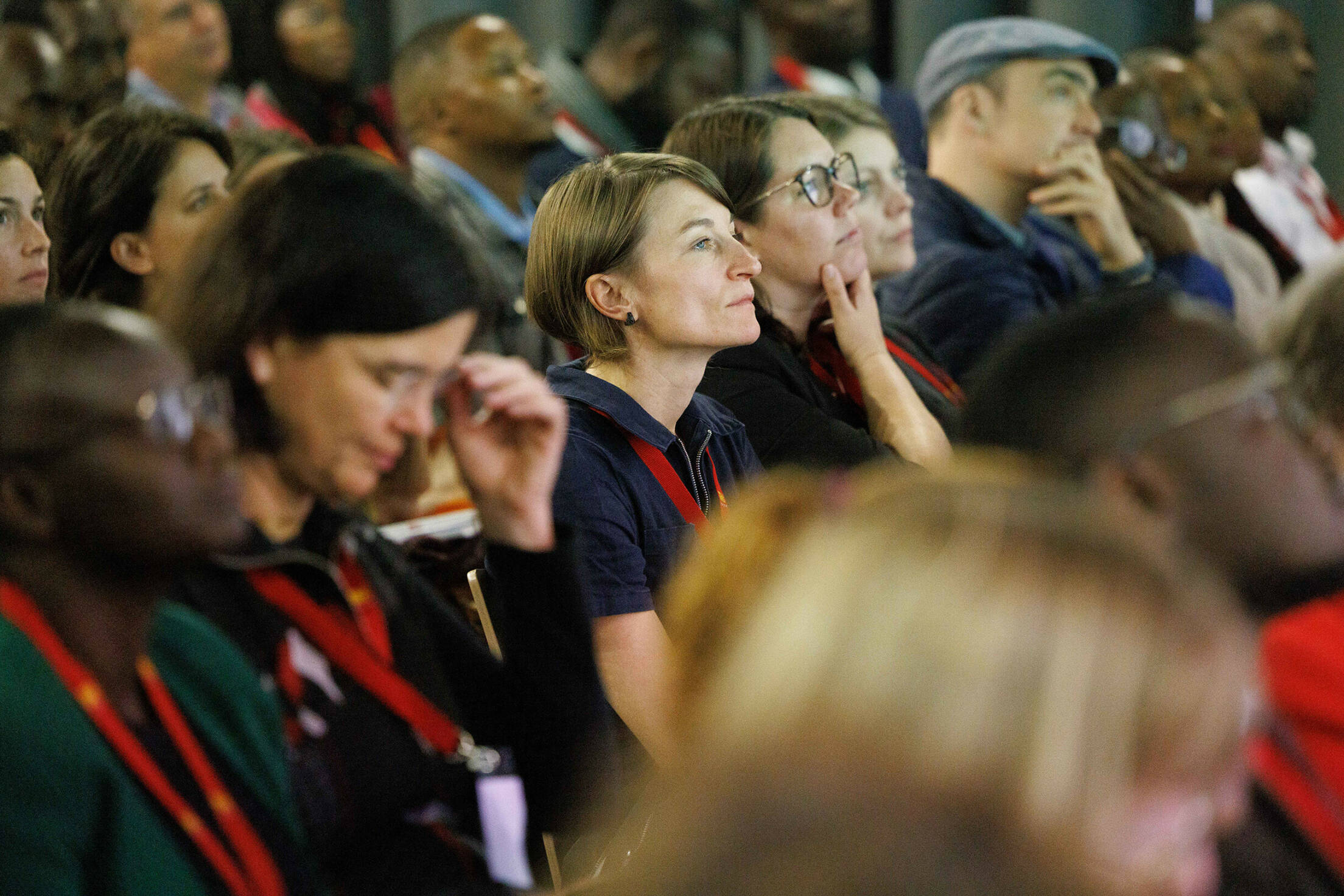
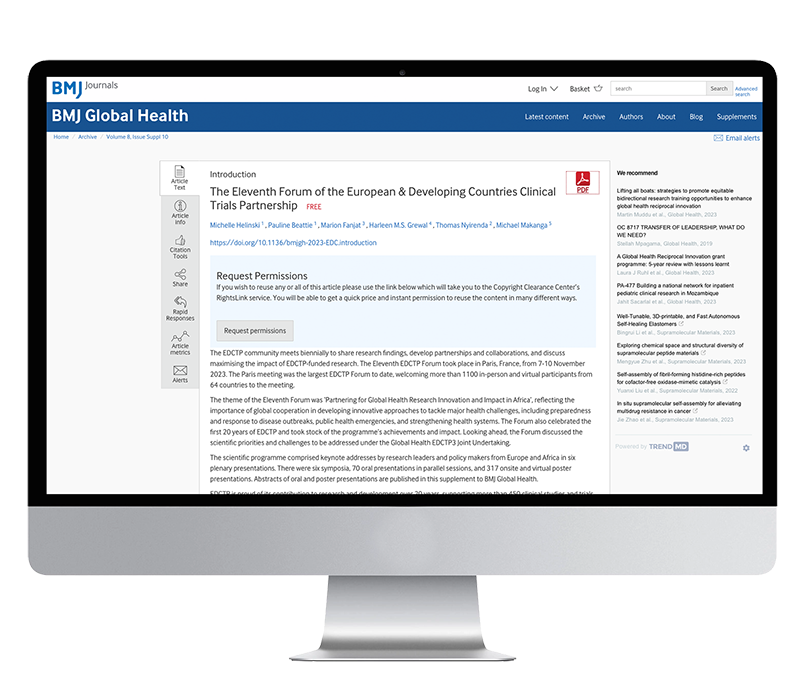
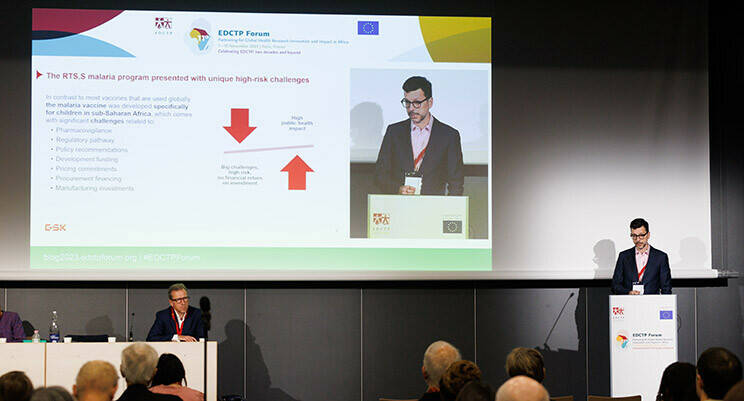
Mind the Gap: Perspectives on the pilot implementation of the first malaria vaccine
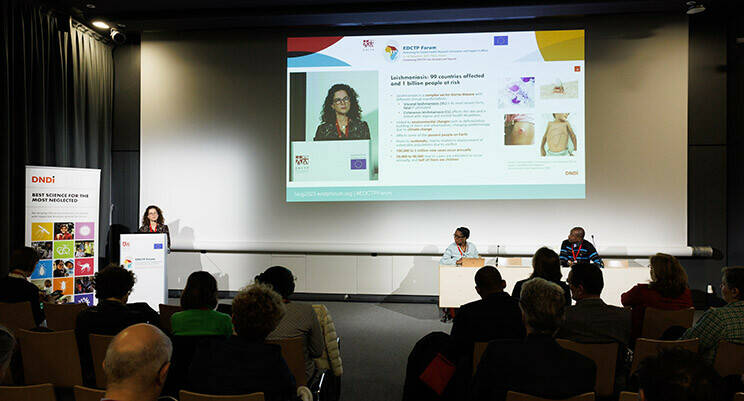
Nothing less than health for all: essential elements for sustainable NTD control and elimination through medical innovation
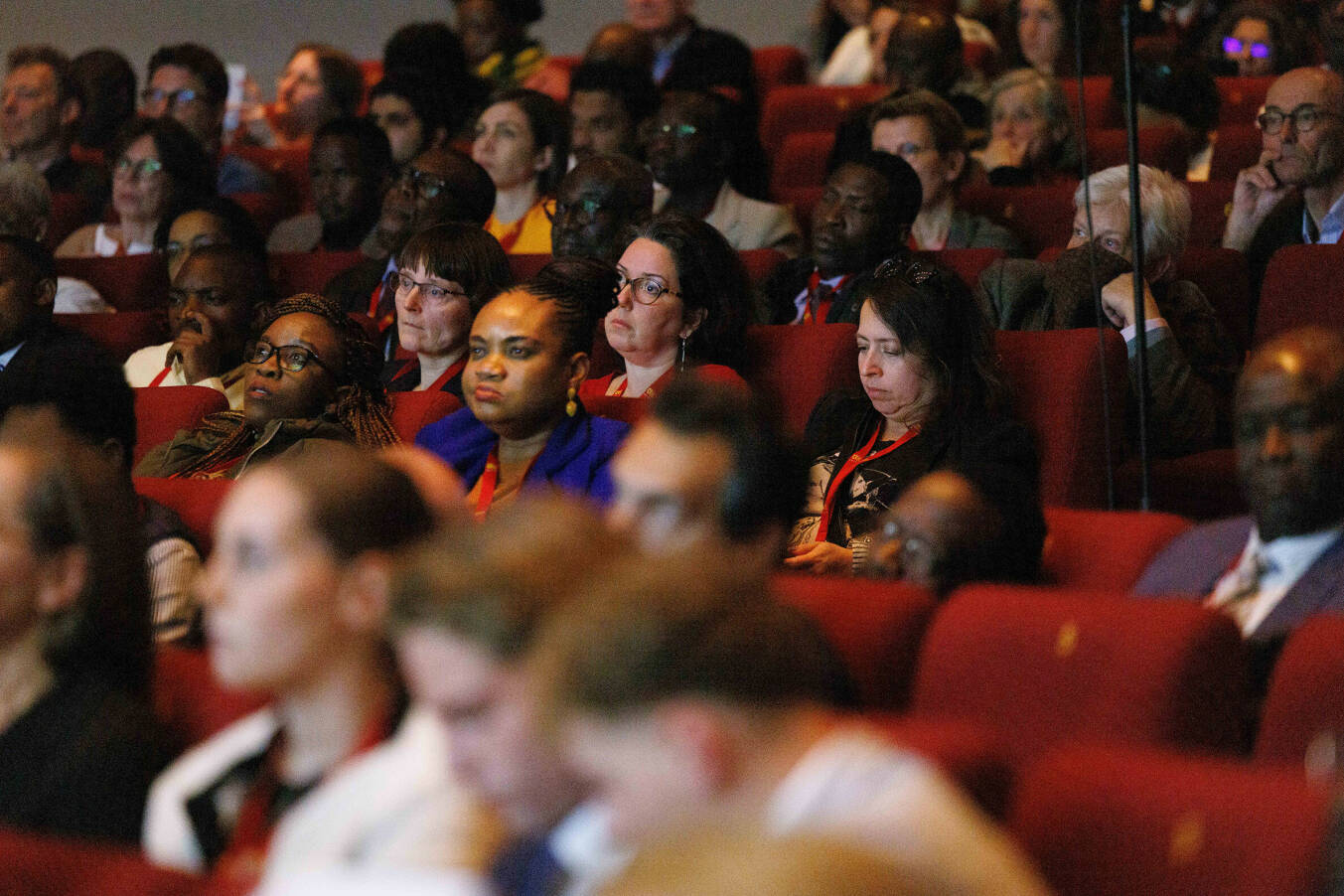
An overview of the successes of the Drugs for Neglected Diseases Initiative (DNDi) in providing new options for treatment of neglected tropical diseases, including human African trypanosomiasis, leishmaniasis and soil-transmitted helminths.
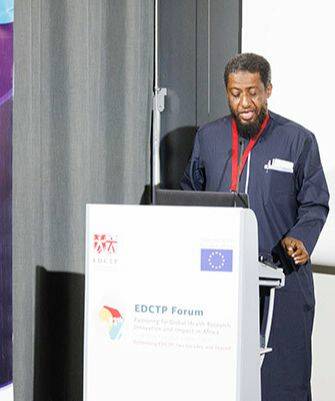
A PANTHER in the room…
A session organised by PATH focused on the review of the pilot implementation of the first malaria vaccine, RTS,S/AS01, and key lessons learned.
An introduction to the activities of the The PANdemic Preparedness PlaTform for Health and Emerging Infections’ Response (PANTHER), a new international collaboration aiming to establish a platform for rapid initiation of clinical studies in the event of a new pandemic.
Other parallel sessions focused on priority scientific issues, including emerging infectious diseases and surveillance, advances in drug development in TB and HIV, and advancing the development and implementation of TB diagnostics.
Several sessions were devoted to capacity building, a key EDCTP objective. These included two sessions on capacity strengthening, covering a wide range of areas, including pandemic preparedness, clinical trial capacity, and overcoming gender barriers, in addition to a session on strengthening of ethics and regulatory frameworks.
Sessions were also held on partnerships, covering a range of stakeholders including policymakers and industry, and on community engagement.
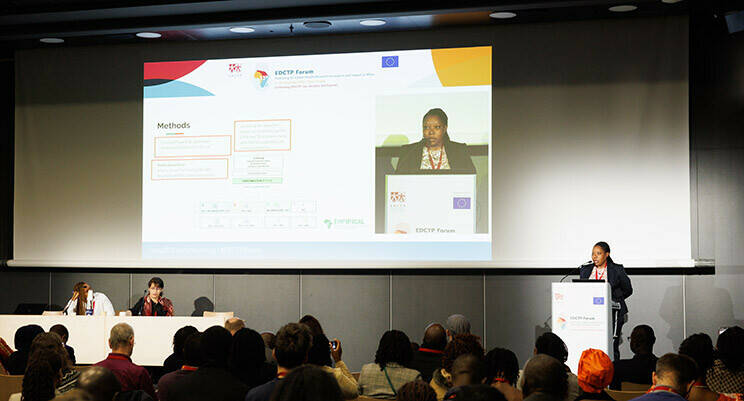
Maternal and child health
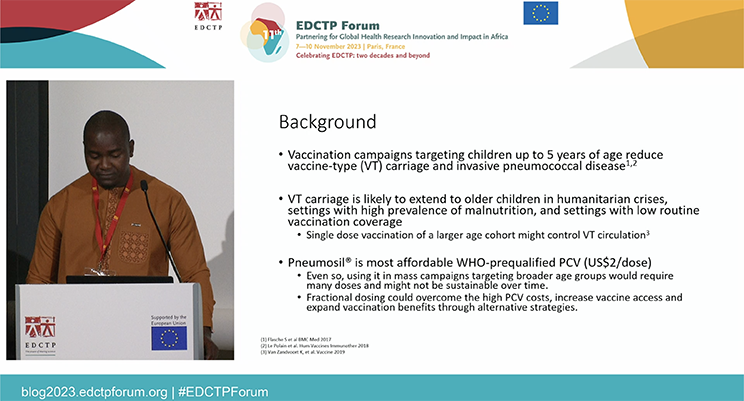
Advances in vaccines and neutralising antibodies development
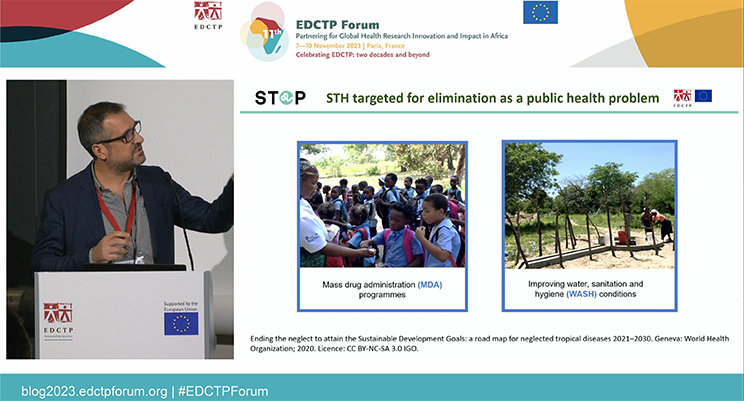
A spotlight on neglected infectious diseases
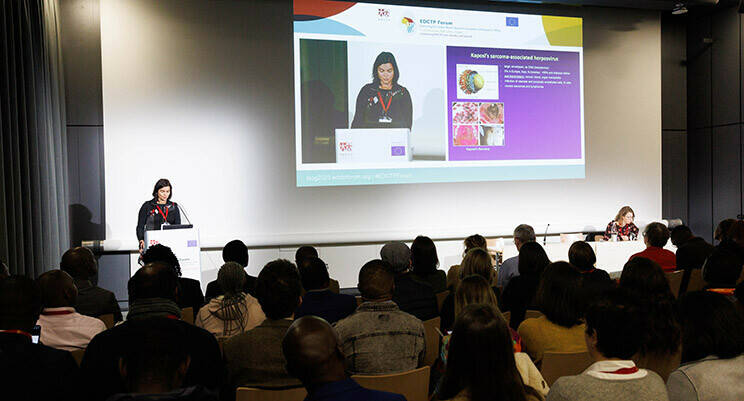
Coinfections and co-morbidities
scroll down
Besides the plenary sessions, the Forum’s scientific programme included scientific symposia, parallel sessions, sponsored satellite sessions and workshops covering all areas of EDCTP’s work.
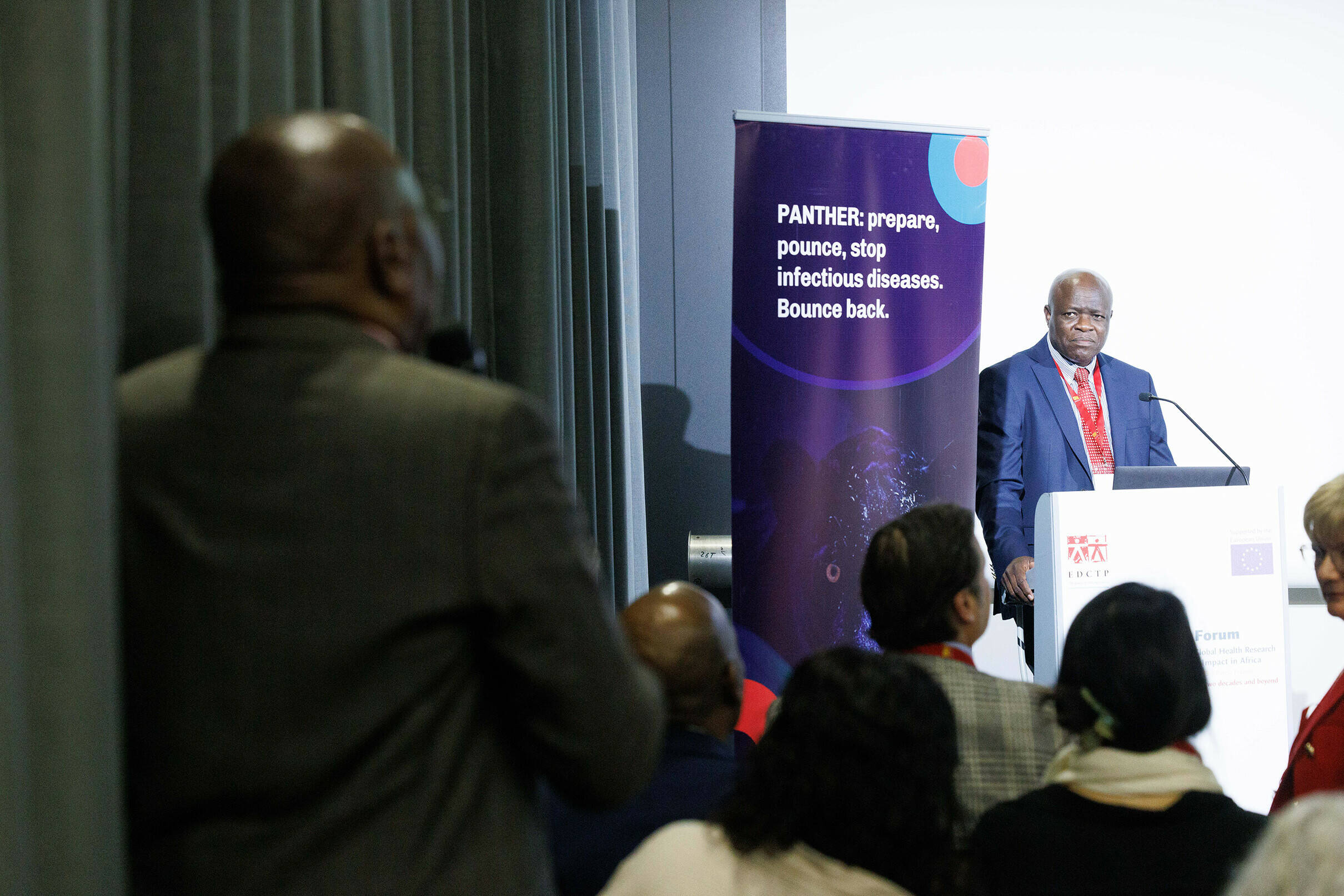
The abstracts of the presentations from the Eleventh EDCTP Forum have been published in a supplement to the BMJ Global Health. A total of 70 abstracts were selected for oral presentations, and 317 abstracts were selected for onsite and virtual poster presentations.
There were four workshop sessions for training and development targeted at junior researchers, EDCTP grant holders and fellows:
An introduction to the Design, Analyze, Communicate (DAC) tools and services that can help researchers and funders to run informative trials. In particular, the session highlighted the DAC-Africa (DAC-A) program as a resource to provide design reviews of clinical trial protocols for the African continent.
EDCTP and The Global Health Network joint workshop to present the EDCTP Knowledge Hub and introduce its new ‘Translating Research into Policy Toolkit’ project.
An informative session by the Global Health EDCTP3 on opportunities for funding and collaboration.
An overview of a network of European national contact points for health and the opportunities they provide to support research projects on infectious diseases through Horizon Europe.
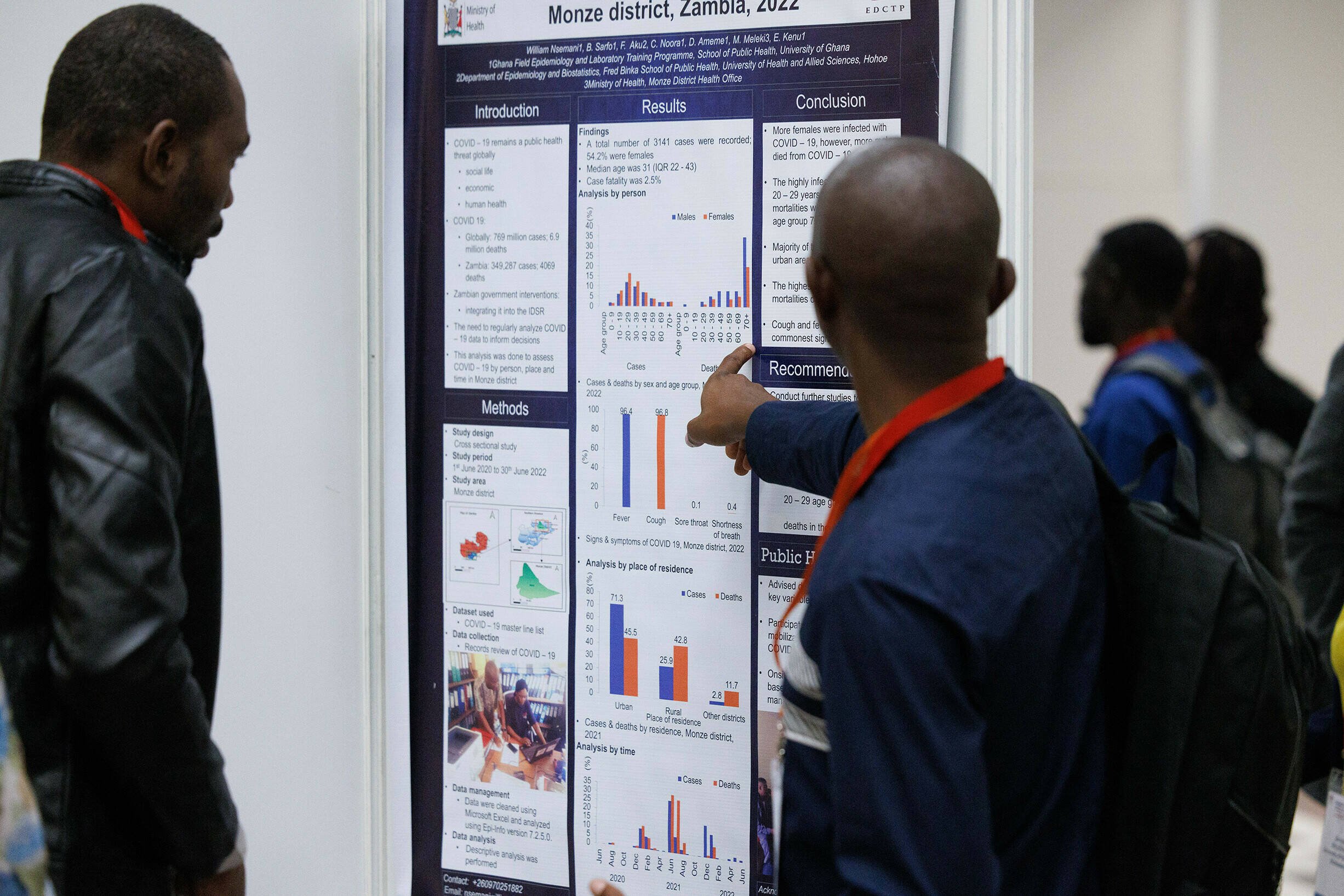
Three sponsored satellite sessions were organised by EDCTP partners to present their latest work towards advancing research and innovation to fight poverty-related diseases:
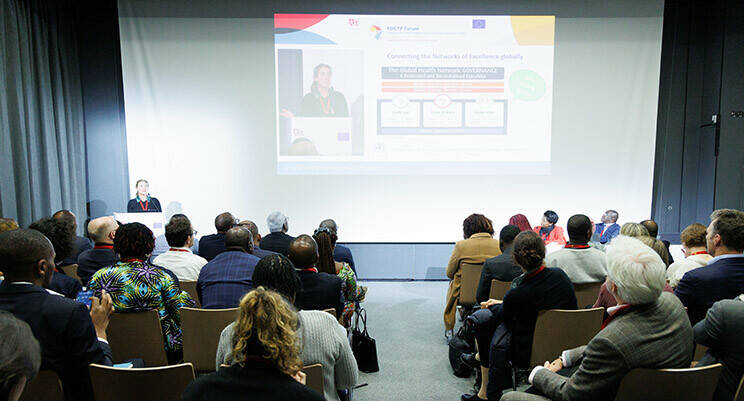
Networks of excellence
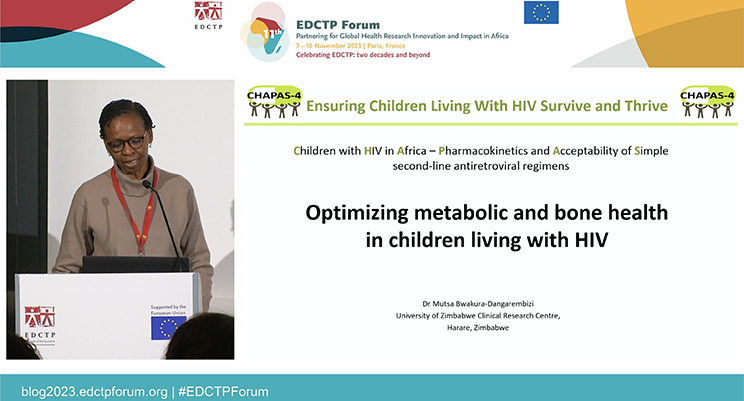
Celebrating the CHAPAS-4 trial partnership
Another session provided an overview of the scientific and capacity-building activities of the EDCTP Regional Networks of Excellence.
Other scientific symposia focused on the OPT-SMC project, an implementation research project optimising the implementation and impact of seasonal malaria chemoprevention, and on PAMAfrica-SINDOFO, which is working to develop local and gender-balanced leadership, equitable partnerships, and next-generation African leaders in West and Central Africa.
Scientific symposia also covered key topics, such as development and implementation of diagnostic platforms and assays, particularly for TB, and challenges in implementation of new health technologies in African health systems.
Six scientific symposia were organised by groups of researchers or organisations on a variety of topics related to the Forum theme.
Since the early 2000s, the CHAPAS team of collaborators has been conducting influential studies with the overall aim of ‘ensuring that children with HIV in Africa survive and thrive’. The team presented key data emerging from the CHAPAS 4 study on optimisation of second-line antiretroviral treatments for children, which is likely to have similar impact on policy and practice.
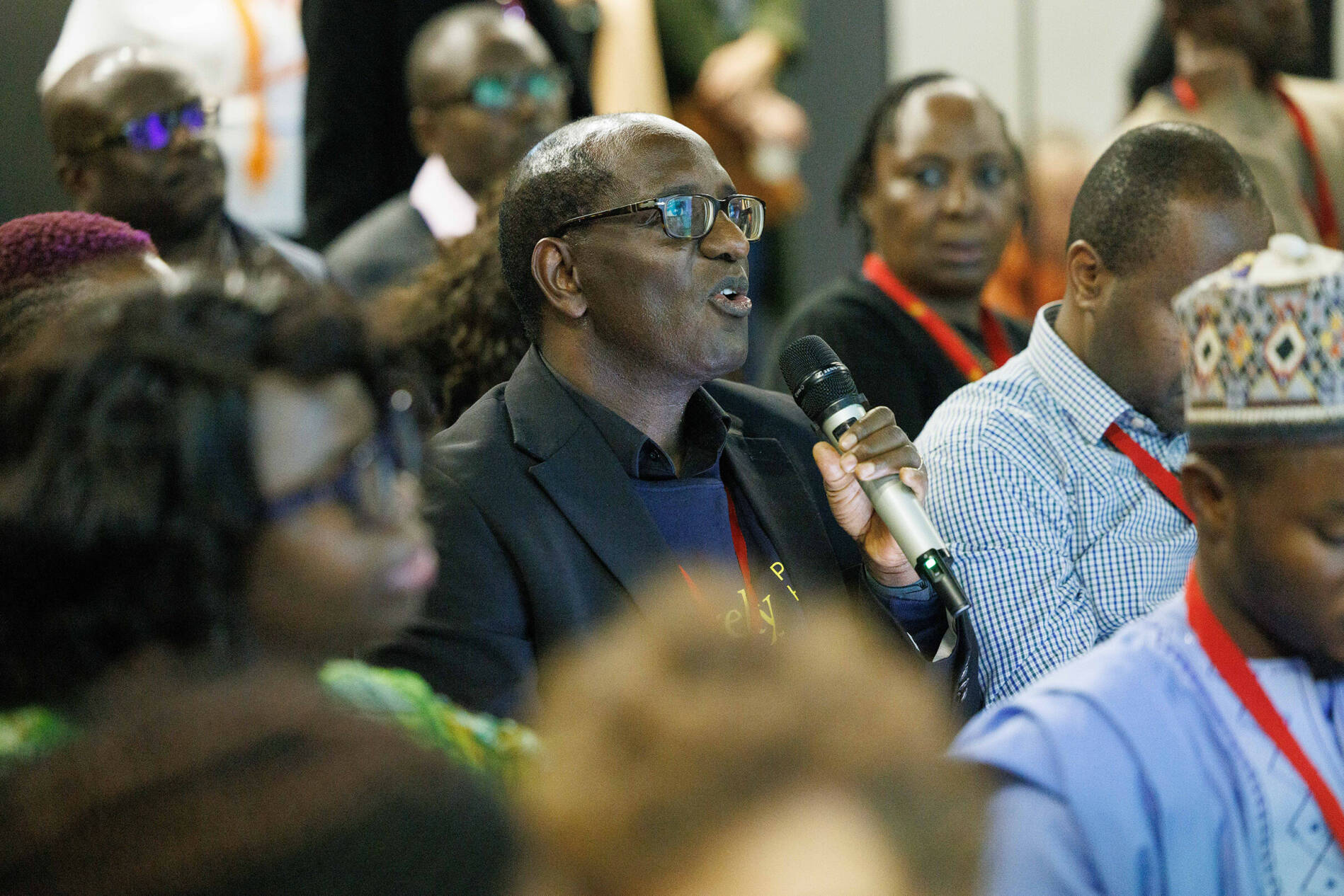
A session highlighting progress in maternal and child health, including a new option for malaria chemoprevention in pregnancy for women living with HIV, a successful seasonal malaria chemoprevention (SMC) trial in Mali, and a demonstration of a major improvement in SMC effectiveness when combined with nutrient supplementation.
A session discussing advances in vaccines and neutralising antibodies development heard exciting progress in new vaccine development for malaria and TB.
A session addressing diagnosis, treatment and prevention of neglected infectious diseases affecting sub-Saharan Africa, which showcased promising diagnostic tools for leishmaniasis, positive trial results for an albendazole–ivermectin fixed-dose combination for soil-transmitted helminths, and confirmation that fexinidazole is effective against an acute form of HAT, caused by T. brucei rhodesiense (r-HAT).
A session exploring interactions between pathogens, and between infections and non-communicable diseases, including integrated models of care for HIV and high blood pressure that have significantly improved health outcomes.
There were 12 parallel sessions and 70 oral presentations on a diverse range of topics. Some highlights include:
